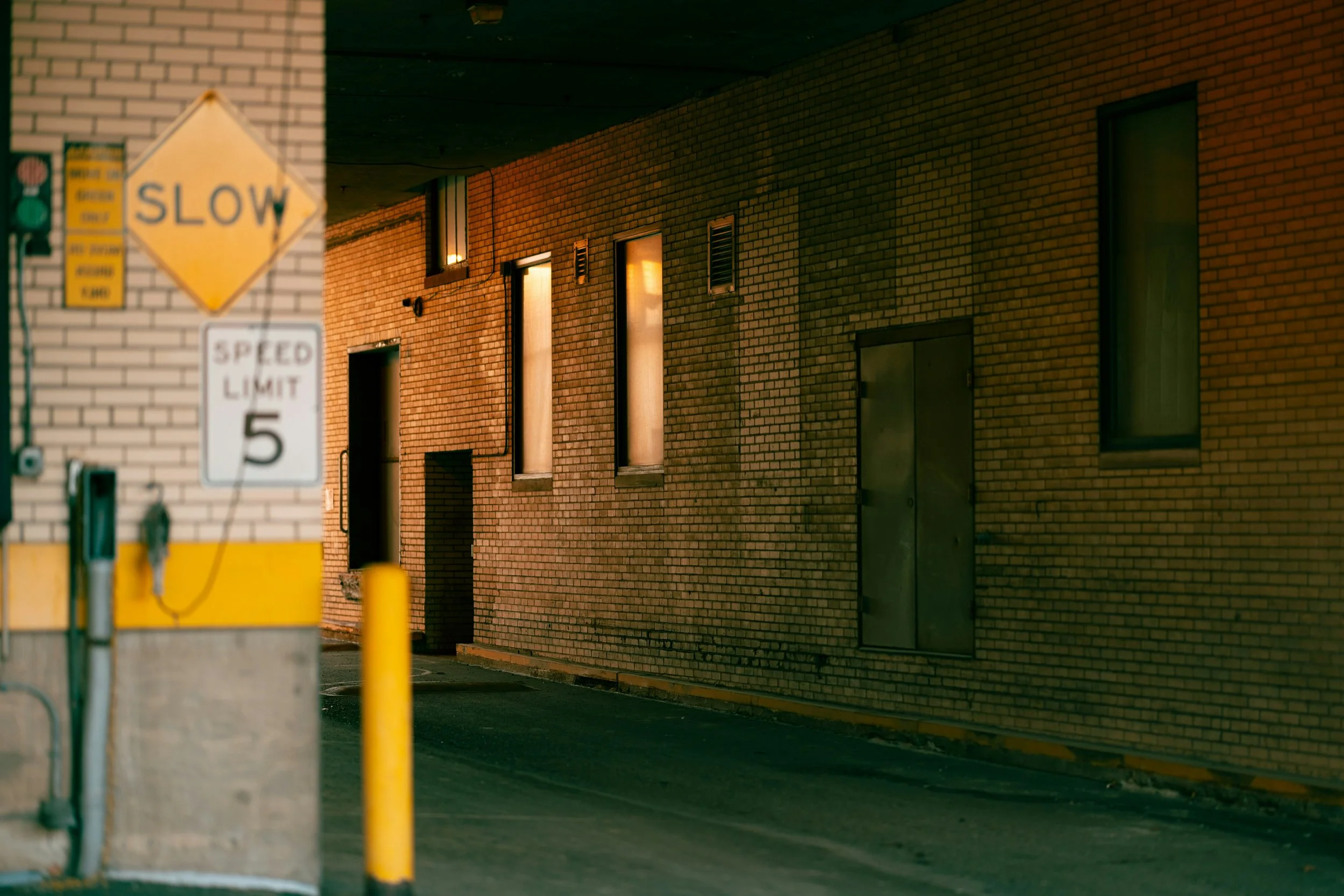The Paradox Club
/By Daniel Addercouth
I’d never have discovered the Paradox Club if I hadn’t sold my university textbooks to a dealer in Aberdeen’s warehouse district. I was walking home with my empty rucksack on my back, mourning the end of my academic career, when I saw a middle-aged couple emerge from a door beneath a railway arch. It was 11 o’clock on a Monday morning, but music and laughter were coming from inside.
“What is this place?” I asked.
They hesitated. Then the woman said to her partner: “Remember what they told us? You only find the Paradox Club if it’s meant to be.”
I’d recently graduated with a degree in English Literature and was working in a pub while trying to figure out my next move. I felt like I was on the brink of real life, but was concerned I’d get stuck in that provincial city forever. Part of me was ready to leave, but another part was afraid to abandon its familiarity.
The bar was frequented by old men whose lethargic routines seemed a foretaste of my future if I didn’t act. The only young people who drank there were a group of graduate students. I envied their camaraderie and the fact they all seemed to have a plan. I recognised one of them from my department, a woman with short dark hair who always dressed in black. I had a crush on her but was too intimidated to start a conversation.
After one particularly dead Sunday shift, unable to face my empty flat, I retraced my steps to the warehouse district. I walked back and forth along the railway arches but couldn’t see any sign of a club. I was about to give up when I heard a faint bassline coming from behind a metal door. A small wooden sign read NO TRESPASSING. I tried the handle. The door was heavy but unlocked. A wave of perfume, cigarette smoke and sweat hit me as I opened it.
The interior was packed with people drinking and dancing. The youngest were about my age, while the oldest must have been over 80. Many wore flamboyant outfits: there was a woman in a purple velvet suit, a man in a fox mask and a person dressed as a priest. They were unlike anyone I’d met in this hard city, where pallid-faced poverty rubbed up against cynical oil money. Nobody gave me a second glance as I manoeuvred my way to the bar.
“First time?” asked the barman, a middle-aged man with a mohawk. “Tonight, your drinks are on the house.”
It was one of the best nights of my life. I drank mysterious liqueurs, danced with elderly women, hugged men I’d never met. It was nine in the morning when I stumbled out into daylight, and the party was still going.
After that, I went to the Paradox Club every Sunday. It was always heaving. People would engage me in conversation or drag me onto the dance floor. The DJ played the best music I’d ever heard. I wanted to ask the names of the songs, but could never pull myself away from my new friends. Time passed differently in that place. Sometimes I felt I’d only been there a couple of hours, then I’d emerge and discover it was already lunchtime. At other times it seemed like I’d been partying all night, but when I checked it was only 1 a.m. I wondered how a place like the Paradox Club could exist in this city, and why I’d never heard of it. Going there was like passing through a wormhole into a different dimension.
One Sunday night, the graduate student with the short dark hair came into the pub by herself. She sat at the bar and ordered a Moscow Mule, which I had to check how to make. We got to chatting and she asked me what my plans were. I told her I’d been offered a job teaching English in Barcelona, but wasn’t sure whether to take it.
“I would,” she said. “Better than being stuck in this dump.”
As midnight approached, I knew I had to seize the moment. “Want to go somewhere after this?” I asked, as casually as I could.
She laughed, exposing her perfect teeth. “It’s Sunday. Everything’s shut.”
I tapped my nose. “I know a place.”
She waited for me while I closed up, then we headed for the warehouse district, walking close enough that my arm brushed against hers. She had a delicious scent of wild flowers.
“Where are you taking me?” she asked flirtatiously.
“You’ll see.”
A rat scurried across the desolate street. “Are you sure you know where you’re going?” she asked, glancing around.
“It’s just down here.”
We arrived at the door. I couldn’t hear any music, which was unusual. Nevertheless, I turned to her triumphantly as I grasped the door handle. “Here we are.”
The place was deserted. A single lamp cast a dome of light over the turntables. One of them revolved slowly, with no record on it.
“It’s not normally…” I began. But the graduate student was already walking away.
It was only when I returned the next morning, to find the door locked, the NO TRESPASSING sign gone, and a handwritten notice on the wall reading “For rent”, that I remembered the woman’s words: You only find the Paradox Club if it’s meant to be.
Daniel Addercouth grew up on a remote farm in the north of Scotland but now lives in Berlin, Germany. His work has appeared in New Flash Fiction Review, Trampset and Vestal Review, among other places. His story "The Good Prizes" is featured in Best Small Fictions 2024. You can find him on X at @RuralUnease.


